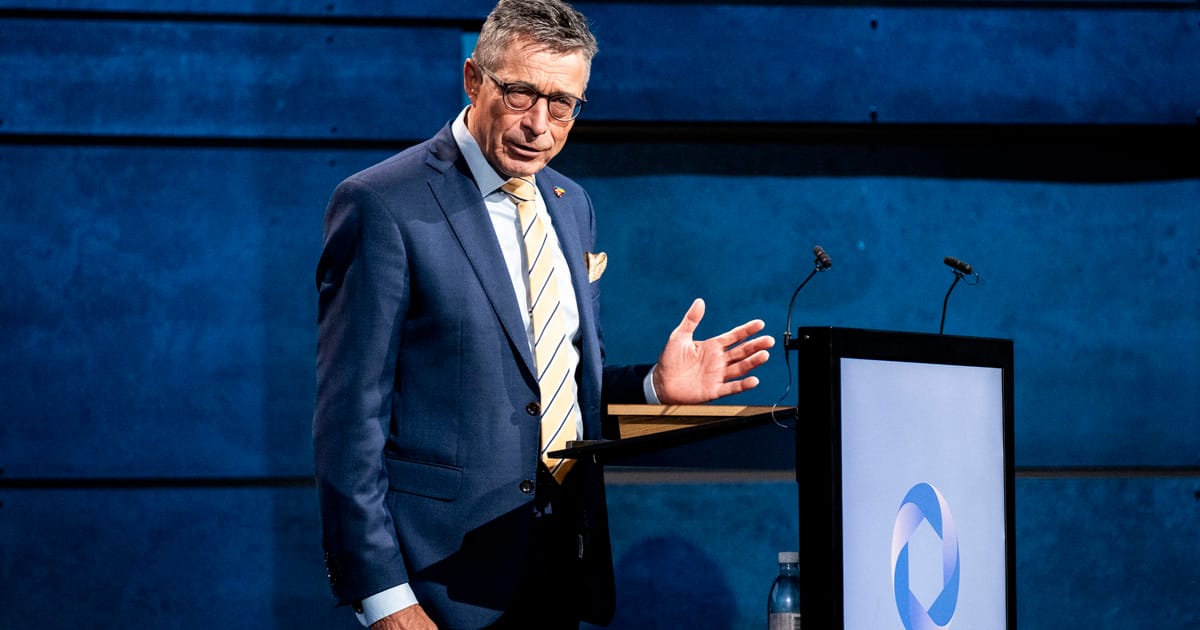Trump, a confirmed NATO-skeptic who has lambasted allies for not meeting defense spending targets, boasted on the campaign trail that he would “end” the war in Ukraine immediately — but has not yet provided a blueprint for executing that.
Despite regular flattery from Trump, Russian leader Vladimir Putin declined to congratulate the newly reelected Republican on his victory as Moscow-Washington relations are currently in the deep freeze.
While Rasmussen, who led the transatlantic military alliance from 2009 to 2014, acknowledged the possible “risk” that Trump would cut off military aid to Ukraine, he was doubtful that the U.S. president-elect would try to force Ukrainians into negotiations on a peace deal they don’t perceive as fair.
“I don’t think he would like to be depicted [as] a loser,” Rasmussen said. “And if you force the Ukrainians to the negotiating table, you have a very, very weak hand when you start those negotiations.”
Trump’s election comes at a critical time in Russia’s war on Ukraine, as North Korean troops have bolstered Russia’s fighting force while Ukrainian President Volodymyr Zelenskyy has repeatedly called for international allies — particularly the U.S. — to step up aid for Kyiv.
